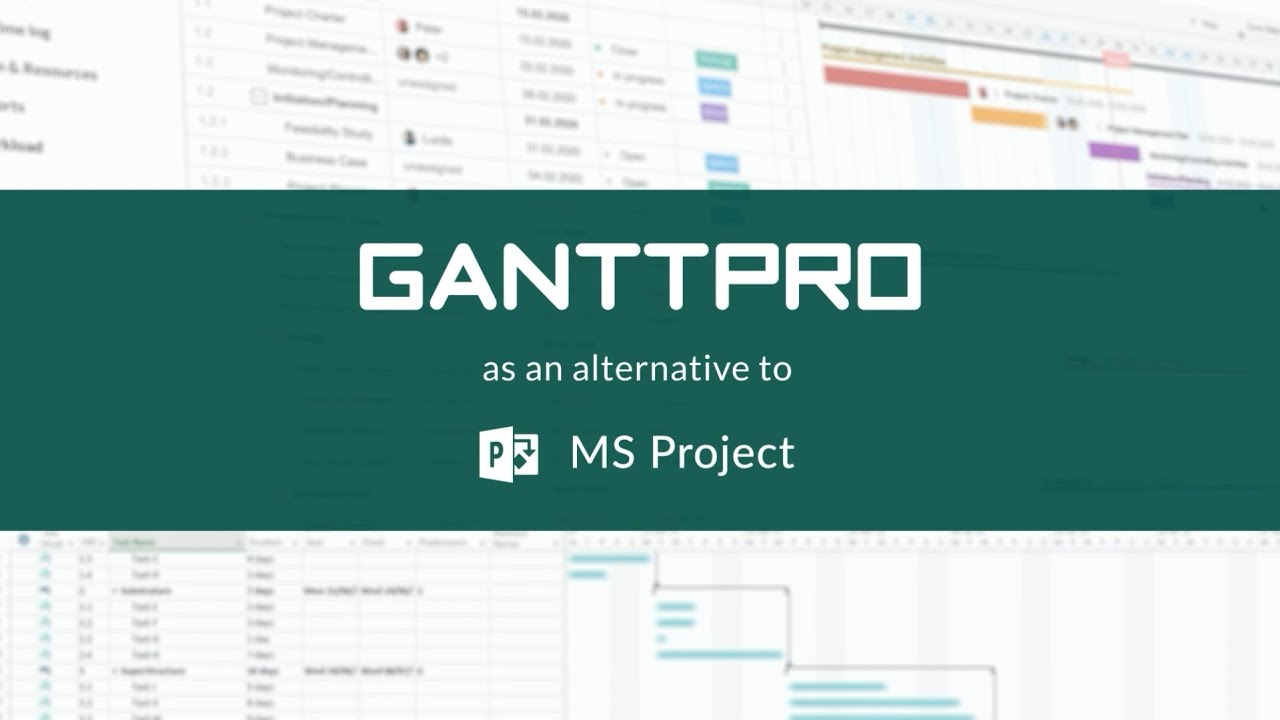How Cost Management Can Help in Project Negotiations and Contracting Processes
Cost management is critical to the success of a project. It helps project managers to make informed decisions, prioritize resources, and control costs throughout the project life cycle. In project negotiations and contracting processes, cost management can provide valuable insights and support to ensure that the project is completed on time, within budget, and to the agreed-upon quality standards.
Understanding the Benefits of Cost Management in Project Negotiations and Contracting
Cost management is essential for project negotiations and contracting because it provides a clear picture of the project’s expected costs and helps to identify potential risks. By using cost management techniques, project managers can determine the cost of each task, resource, and activity, and then use this information to negotiate with stakeholders, suppliers, and contractors. This information can also be used to develop a budget that accurately reflects the project’s costs and helps to avoid costly overspends.
In addition to providing accurate cost information, cost management can also help to improve communication and collaboration between project stakeholders. For example, by using a Gantt chart or other project management software, project managers can clearly communicate the project timeline, dependencies, and resource requirements to stakeholders, suppliers, and contractors. This helps to ensure that everyone is on the same page and reduces the risk of misunderstandings or miscommunications that can lead to delays or cost overruns.
Key Cost Management Techniques for Project Negotiations and Contracting
Cost management techniques are methods used to estimate, budget, track, and control costs throughout the project life cycle. The following are some of the key cost management techniques that are useful in project negotiations and contracting.
Budget Planning and Control
Budget planning and control is the process of developing a budget for the project and then tracking the actual costs against that budget. This involves estimating the costs of each task, resource, and activity, and then aggregating these costs to develop a total project budget. The budget is then used as a baseline for tracking and controlling costs throughout the project life cycle.
To effectively manage costs, it is important to use a Gantt chart or other project management software that supports budget planning and control. Some popular Gantt chart software options include Microsoft Project, Wrike, ClickUp, Monday.com, and Smartsheet. These tools can help you to create and update a budget, track actual costs, and generate reports that provide insight into the project’s financial performance.
Cost Estimation
Cost estimation is the process of estimating the costs of each task, resource, and activity in the project. This involves identifying all of the resources that will be required to complete the project and estimating the cost of each resource. Cost estimation can be done using various techniques, including expert judgment, historical data analysis, and parametric modeling.
It is important to use realistic and accurate cost estimates when negotiating with stakeholders, suppliers, and contractors. By using cost estimation techniques, project managers can get a clear picture of the project’s expected costs and use this information to negotiate more favorable terms and conditions. In addition, accurate cost estimates can help to avoid cost overruns and ensure that the project is completed on time and within budget.
Cost Tracking and Reporting
Cost tracking and reporting is the process of tracking actual costs against the budget and reporting on the project’s financial performance. This involves regularly monitoring and reporting on the project’s costs, including labor costs, material costs, and indirect costs. Cost tracking and reporting can be done using a Gantt chart or other project management software that supports budget planning and control.
By regularly tracking and reporting on costs, project managers can identify areas where costs are exceeding the budget and take action to control them. This can help to avoid cost overruns and ensure that the project is completed on time and within budget. In addition, regular cost tracking and reporting can provide valuable insight into the project’s financial performance, which can be used to negotiate more favorable terms and conditions with stakeholders, suppliers, and contractors.
Conclusion
In conclusion, cost management is a critical component of project negotiations and contracting processes. By using cost management techniques, project managers can get a clear picture of the project’s expected costs, negotiate more favorable terms and conditions, and control costs throughout the project life cycle. In addition, cost management can help to improve communication and collaboration between project stakeholders, reduce the risk of misunderstandings or miscommunications, and ensure that the project is completed on time, within budget, and to the agreed-upon quality standards.In today’s competitive and challenging project environment, cost management is more important than ever. With increased pressure to deliver projects within tight budgets and time constraints, project managers must have the skills and tools to effectively manage costs and deliver projects that meet stakeholders’ expectations. By using cost management techniques, project managers can ensure that their projects are completed on time, within budget, and to the agreed-upon quality standards, and that their stakeholders, suppliers, and contractors are satisfied with the outcome.
There are many different cost management techniques that project managers can use, including budget planning and control, cost estimation, and cost tracking and reporting. Project managers should choose the techniques that are most appropriate for their projects, taking into account the size, complexity, and duration of the project, as well as the available resources, risks, and constraints.
In conclusion, cost management is an essential component of project negotiations and contracting processes. By using cost management techniques, project managers can get a clear picture of the project’s expected costs, negotiate more favorable terms and conditions, and control costs throughout the project life cycle. In doing so, they can ensure that their projects are completed on time, within budget, and to the agreed-upon quality standards, and that their stakeholders, suppliers, and contractors are satisfied with the outcome.

